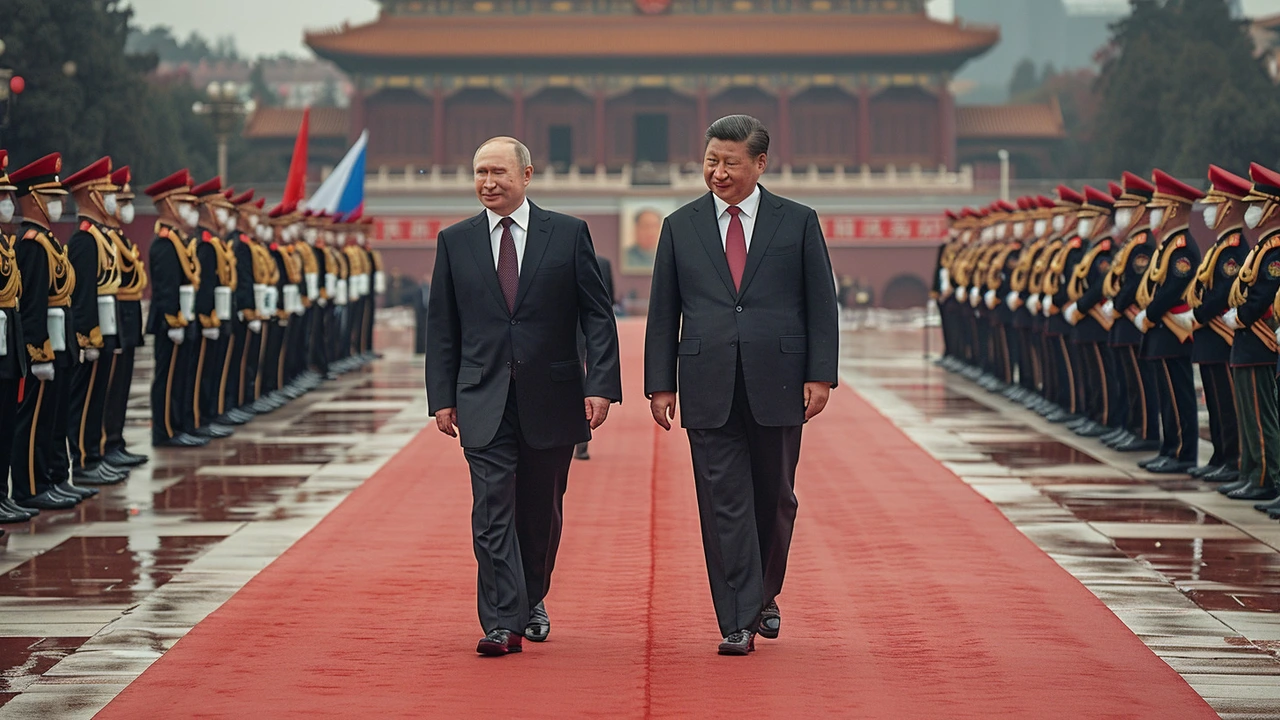Military Cooperation: Why It Matters Today
Military cooperation isn’t just about armies joining forces for big battles. It’s about countries working together to keep peace, share resources, and respond to threats faster. When nations team up, they combine strengths and fill gaps in their defenses. Plus, it builds trust and smooths political relations.
Think of it like neighbors sharing tools and watching each other’s back. Whether it’s joint training exercises, sharing intelligence, or selling each other advanced technology, all these link-ups help countries be ready for anything.
How Countries Work Together
One common way militaries cooperate is through joint exercises. These drills let troops practice tactics together, get used to communicating across languages and systems, and spot areas to improve. For example, NATO regularly holds exercises where soldiers from many countries train side by side to strengthen their ability to operate as one force.
Another form is defense agreements. These can be formal treaties promising support during conflicts or more informal partnerships—for example, sharing important equipment or technology. When countries like Kenya build AI-ready military data centers, it’s a way to boost digital security and collaborate better with allies.
Why It’s Crucial Now
Today’s security challenges are more complex. Cyberattacks, terrorism, and territorial disputes don’t respect borders. Military cooperation helps countries respond quicker and smarter. Plus, with rising powers and shifting alliances worldwide, being part of a strong military network offers a strategic edge.
The bottom line? Military cooperation isn’t just for big countries or wartime. It’s a smart, ongoing effort by nations to stay safe, share knowledge, and keep global stability. Whether you’re interested in politics, defense tech, or world affairs, watching these partnerships unfold reveals a lot about today’s international game plan.

Xi and Putin Solidify Alliance, Challenge US Leadership and Boost Military Ties
In a pivotal meeting, Chinese President Xi Jinping and Russian President Vladimir Putin deepened their strategic alliance, targeting the US as a destabilizing force. They pledged to bolster military cooperation, including joint exercises and patrols, while criticizing US-led military alliances. The significant meeting underscored a united front against US dominance.